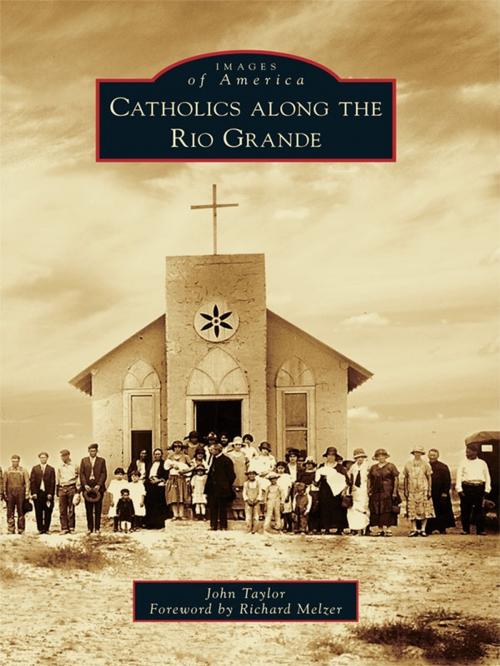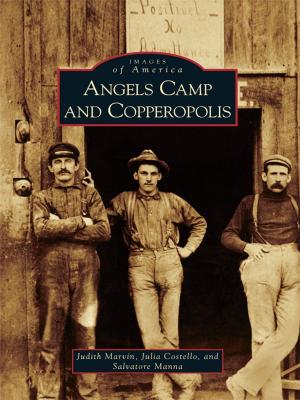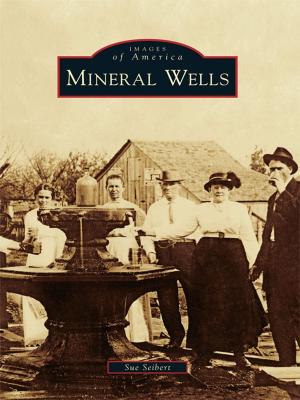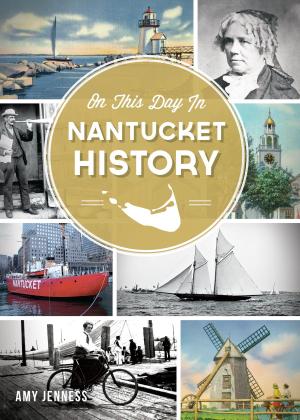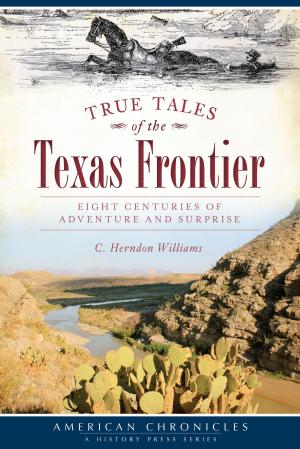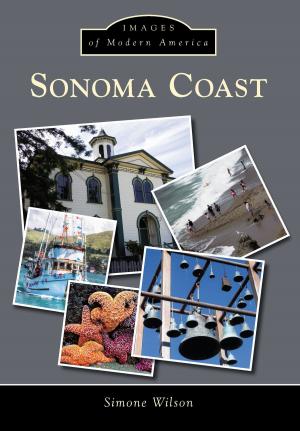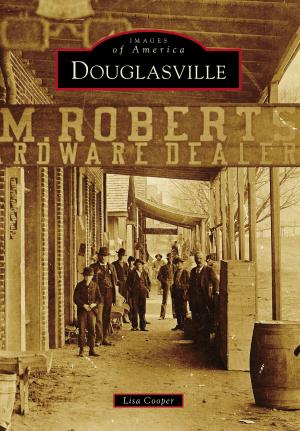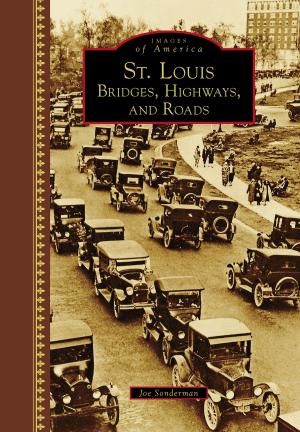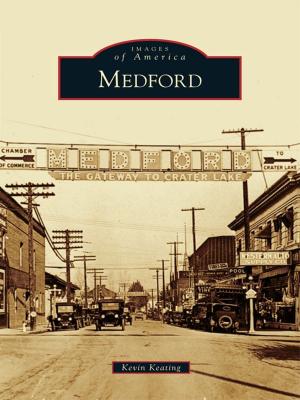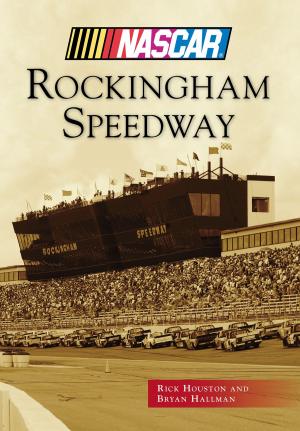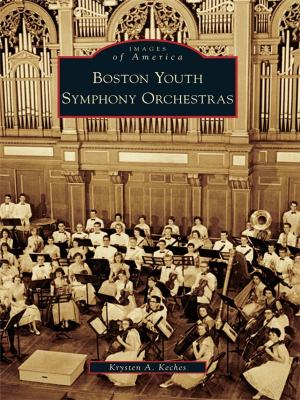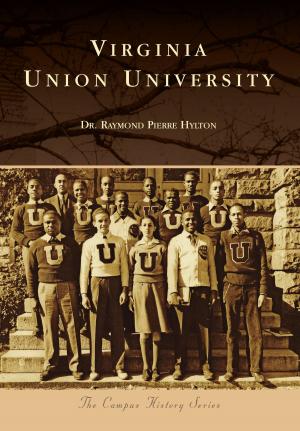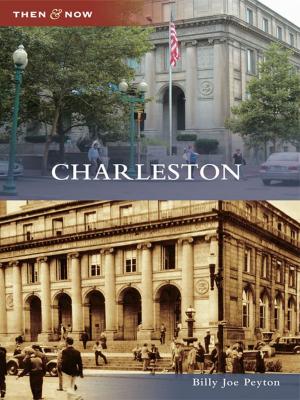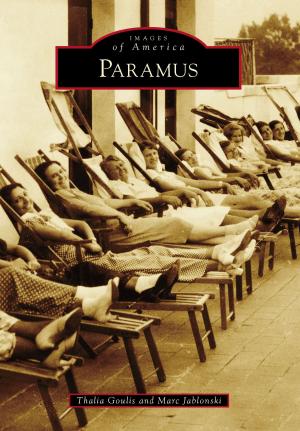Catholics along the Rio Grande
Nonfiction, Art & Architecture, Photography, Pictorials, Travel, History, Religion & Spirituality, Christianity, Denominations, Catholic, Catholicism| Author: | John Taylor | ISBN: | 9781439624838 |
| Publisher: | Arcadia Publishing Inc. | Publication: | February 14, 2011 |
| Imprint: | Arcadia Publishing | Language: | English |
| Author: | John Taylor |
| ISBN: | 9781439624838 |
| Publisher: | Arcadia Publishing Inc. |
| Publication: | February 14, 2011 |
| Imprint: | Arcadia Publishing |
| Language: | English |
In 1540, Francisco Coronado led a band of soldiers, treasure-seekers, and Franciscan priests and friars into New Mexico, changing the lives of the Native Americans forever. In 1680, less than 100 years after the first Spanish colony imposed disease, serfdom, and zealous religious oversight on the indigenous peoples, the Pueblos rose up, forcing the Spaniards out. The uprising, known as the Pueblo Revolt, lasted for 12 years, but Catholic influence was reinvigorated following the 1692 Diego De Vargas reconquest. Over the next century, the Franciscans were gradually relegated to outlying pueblos while diocesan priests from Mexico and later from France and the United States dominated the Church�s expansion in the Rio Grande Valley. Today Catholicism remains strong and vibrant in New Mexico, learning the lessons and building on the foundations from the past 500 years.
In 1540, Francisco Coronado led a band of soldiers, treasure-seekers, and Franciscan priests and friars into New Mexico, changing the lives of the Native Americans forever. In 1680, less than 100 years after the first Spanish colony imposed disease, serfdom, and zealous religious oversight on the indigenous peoples, the Pueblos rose up, forcing the Spaniards out. The uprising, known as the Pueblo Revolt, lasted for 12 years, but Catholic influence was reinvigorated following the 1692 Diego De Vargas reconquest. Over the next century, the Franciscans were gradually relegated to outlying pueblos while diocesan priests from Mexico and later from France and the United States dominated the Church�s expansion in the Rio Grande Valley. Today Catholicism remains strong and vibrant in New Mexico, learning the lessons and building on the foundations from the past 500 years.
